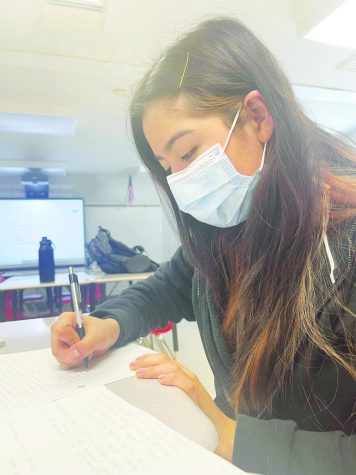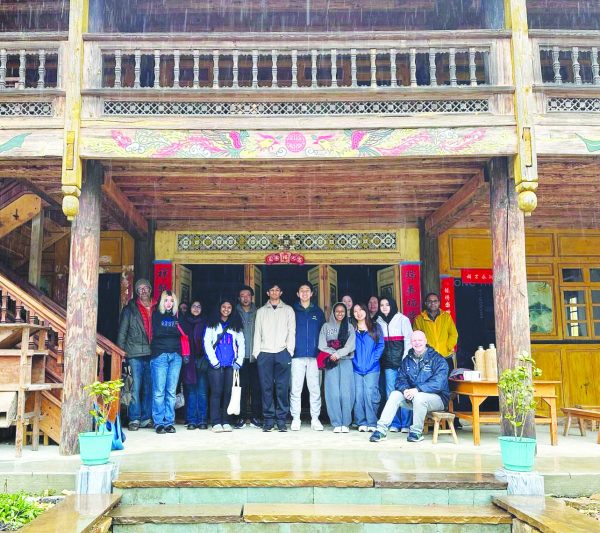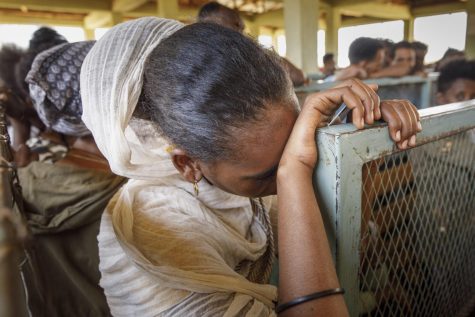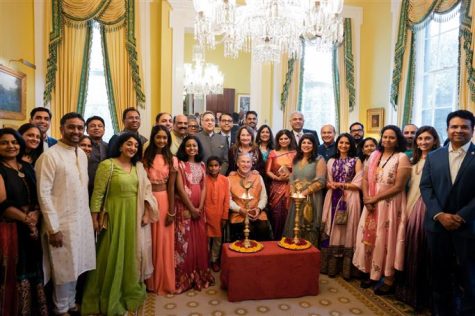Growing tensions from an Armenian perspective
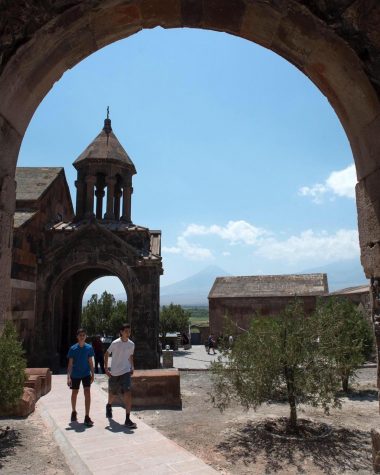
With the media focused on the presidential elections and Covid-19, the conflict between Armenia and Azerbaijan over an enclave of land is overshadowed in the United States. As an Armenian, this issue is extremely personal to me, as well as for the nearly 2 million Armenians in the U.S.
Since the Armenian Genocide in 1915, the Armenian people will never forget how the Ottoman Empire/ Turkish Government had affected them forever.
The genocide stood as a model for the Nazi’s Holocaust of the Jewish people during WWII. Hitler is quoted as saying “Who after all, speaks today of the annihilation of the Armenians”.
The genocide was a systematic mass murder of over 1.5 million ethnic Armenians and other Christian minorities in Asia Minor.
Turkey has never recognized the genocide thus establishing an unrest amongst millions of Armenians throughout the world.
Today, Turkey supports the Turkic peoples of Azerbaijan in their fight to conquer Armenian territory and erase Armenians from the disputed region of Nagorno-Karabakh.
In 1923, communist leaders of the Soviet Union gave the region of Nagorno-Karabakh to the country of Azerbaijan located in the South-Caucasus region of Eurasia.
The landlocked region held a majority population of ethnic Armenians who were given authority by Soviet leaders.
Following the collapse of the Soviet Union in 1991, the landlocked territory of Nagorno-Karabakh would declare its dependence from Azerbaijan, initiating a war that would be resolved with a ceasefire in 1994.
The truce would end on Sept. 27, 2020 despite the minor battles that would break out at the Armenia-Azerbaijani border since then. Azerbaijan argues their right to dispute territory with the aid of the Turkish Government.
Armenia, however, has history in the region dating back to the 5th Century BC as well as Cathedrals that date back to 600 AD.
The unresolved conflict resumed as Armenia made claims of Azeri forces attacking Karabakh toward the end of September.
The clash is extremely harmful to the region of the Caucasus Mountains as Azerbaijan is one of the most significant nations to produce oil.
Therefore, the dispute would stop natural gases from being transported through the Caspian Sea and to World Markets.
President Ilham Aliyev of Azerbaijan receives full support regarding the battle against the Armenian people from Turkish President Recep Tayyip Erdogan.
Erdogan guarantees his nation’s support for Azerbaijan due to his opposition to the Armenians and his close ties to Azerbaijan as they are an ethnically Turkic Nation.
The extensive fighting was a result of Armenia’s defense ministry reporting of an attack on civilians in Nagorno-Karabakh including the republic’s capital of Stepanakert.
This would lead to the government of Armenia to declare total military mobilization. Armenian Prime Minister Nikol Pashinyan encouraged his people that they would “defend their homeland,” in response to their claims of Azerbaijani aggression. The outbreak would allow a total of 400 Armenian casualties consisting of military and civilian lives.
Foreign ministers of Russia and France have held meetings to end the conflict in discussions with Armenian and Azerbaijani representatives.
French foreign minister, Jean-Yves Le Drian, as well as French president Emmanuel Macron warn Turkey to stay out of the conflict and publicly defend Armenia’s cause.
The situation is quite unfortunate for the Armenian people as they have a limited population and support.
The concern I have for my family in Armenia and those who have been drafted to battle is quite high. Armenians have a history of supporting one another and are known to be proud of their heritage.
If the conflict is to continue, it may be unsafe to visit my country once again and experience what is left of my homeland.
The Armenian people have lost their land to Turkey in the past and are not prepared to lose a portion of their rightful land to Azerbaijan.
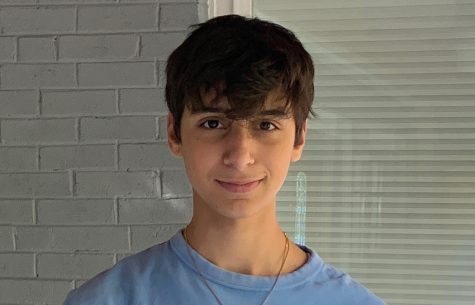
Senior Nareg Boghosian is a first-year staff writer for The A-Blast. In his free time, he enjoys participating in the performing arts and sports. He hopes...




